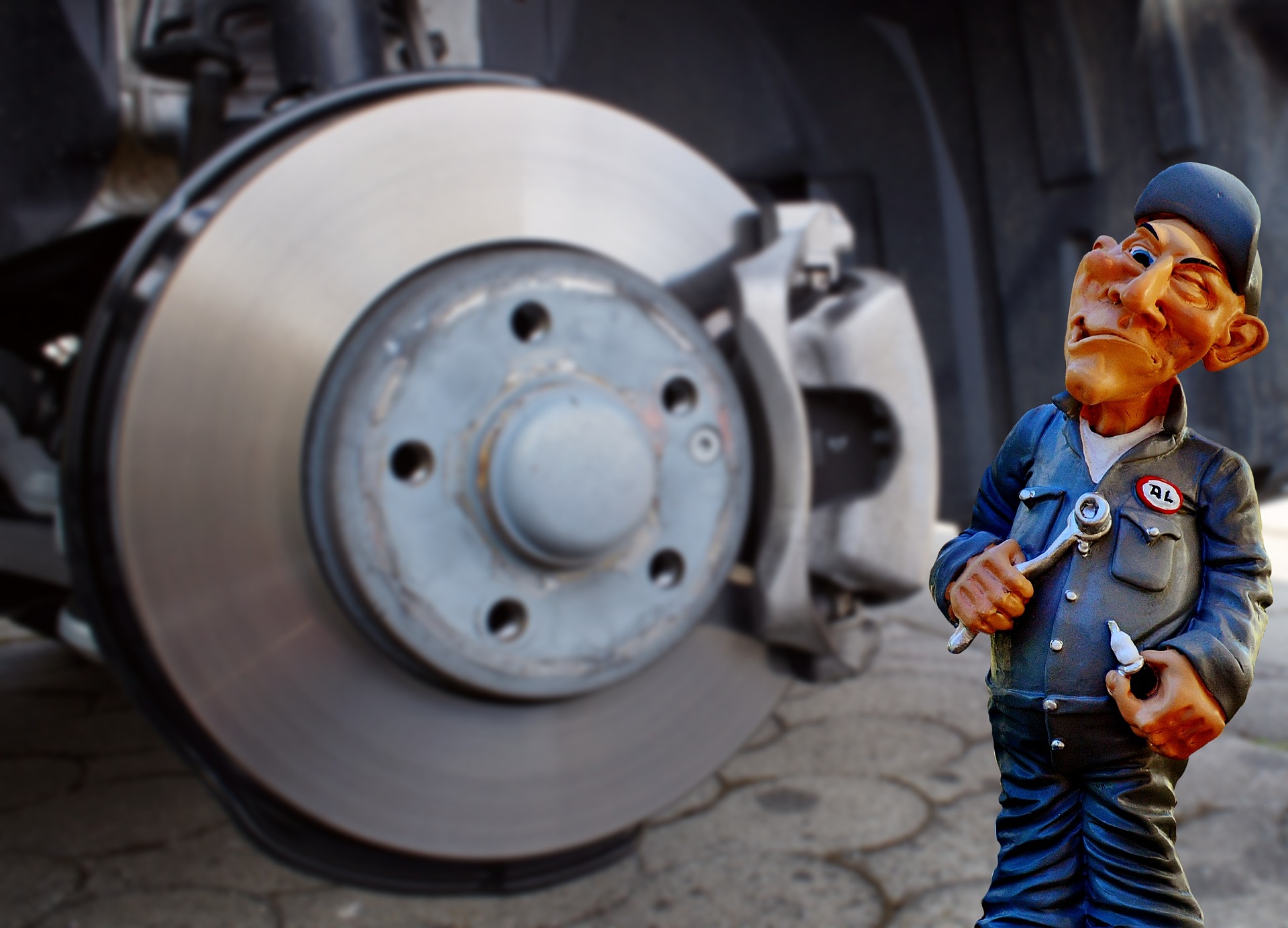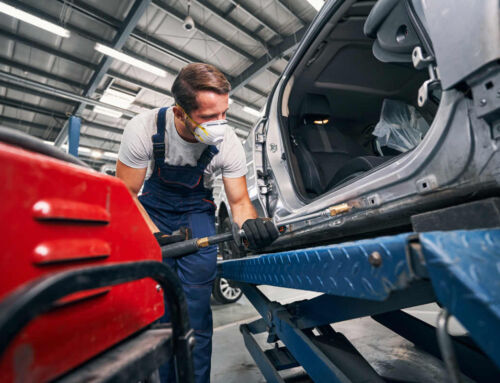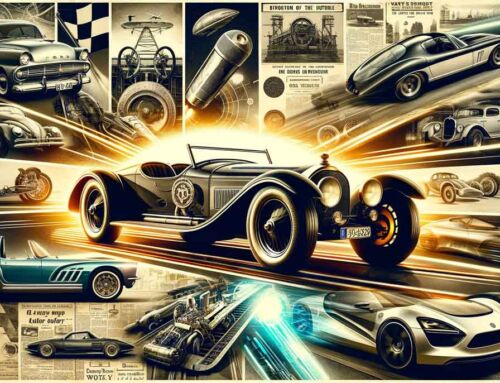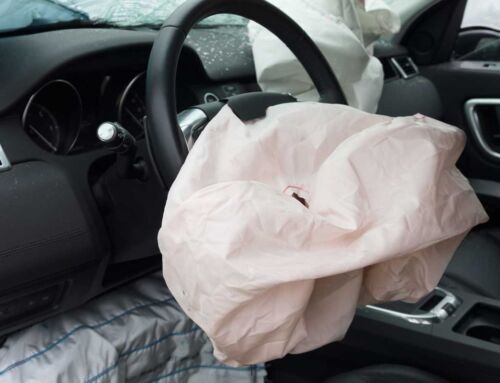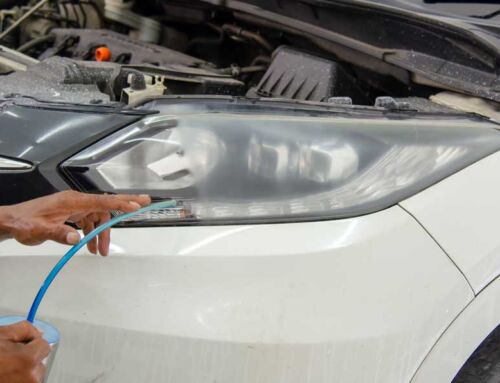You’ve heard advice about when to change your vehicle’s brakes from friends and have read various tips in magazines—but what is actually correct? Ideally, you want to be able to independently decipher whether or not you need new brakes as well as if there is something wrong with them by the way they sound. Taking your vehicle to a professional straight away does not always fit with your busy schedule and it definitely isn’t cost-effective.
Follow the advice below from the experts of JD Power, Bridgestone, and Car and Driver in order to maintain your vehicle’s brakes and know when it’s time to call in the professionals.
The experts at JD Power suggest you LOOK and LISTEN.
“There are two ways to check for brake wear on disc brakes: by looking and by listening. First, check for wear by looking at your brake pads through the spaces between the wheel’s spokes. The outside pad will be pressed against a metal rotor. Generally, there should be at least 1/4 inch of pad. If you see less than 1/4 inch of pad, you may want to have your brake pads inspected or replaced.”
They say if you regularly hear a high-pitched screeching sound that is audible even when your windows are rolled up, that is an indicator that the brake pads need to be replaced ASAP. Now, if you just rolled through some water or went through the car wash, the brake pads can make a similar noise. You’ll want to differentiate between regular and temporary in this case.
The experts at Bridgestone Tire warn against a deep metallic grinding or growling sound.
“If you hear a deep, low noise that sounds like metal grinding or a rumbling growl, that can be a sign that not only are your brake pads worn away, but that your brake discs and calipers are making contact. Since this metal on metal contact can very quickly cause even further damage in your braking system, you should bring your vehicle in to a service shop as quickly as possible if you hear this type of noise.”
They also suggest looking in your owner’s manual to see if you will receive an indicator light referencing your brake pads, as some vehicles have this feature.
The experts at Car and Driver say:
“With car maintenance, there are important parts and crucial parts. Brake pads are crucial parts. What we don’t recommend is waiting to replace the brake pads for weeks or months after the first warning signs emerge, or considering properly functioning brakes anything less than a top priority. From a safety standpoint, they are more important than the engine. After all, a poorly maintained engine could result in engine failure. But if your poorly maintained brakes take longer to stop than they should or, worse, fail, the result could be life-threatening.”
If you are unsure as to when you should routinely change your brake pads, check with your owner’s manual; however, it is all largely dependent upon various factors such as the terrain in which you are driving on, how much traffic you are regularly in, and your driving style.
Some individuals do not feel comfortable checking something so vital to their vehicle, and if that is the case with you—don’t hesitate to bring your vehicle in to a professional. It is much better to be safe than very, very sorry.
In the meantime, while you’re waiting on those brakes to wear out, if you have any vehicle paint or body repair needs, contact Downtown Autobody, where they are trusted locally by friends and family. If you need a referral to a quality repair shop, we can help you with that also!
